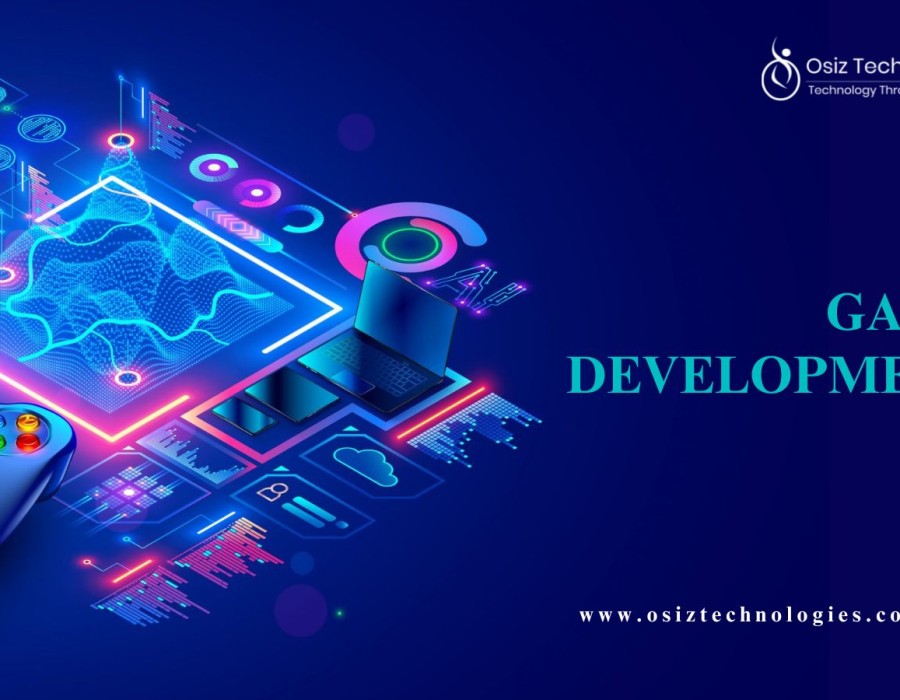The game development process can be complex, with multiple disciplines involved, tight deadlines, and ever-changing requirements. The traditional waterfall approach often falls short in such a dynamic environment. Agile methodologies, with their emphasis on iterative development, continuous feedback, and flexibility, have gained popularity in the game industry as a way to manage the inherent uncertainties and complexities.
We implement a game development process with an agile methodology solving your business needs with our comprehensive approach.
Benefits of Our Agile in Game Development:
1. Adaptability: Agile allows for quick adaptation to changing requirements, player feedback, and market trends, enabling developers to pivot and adjust course as needed.
2. Faster Time-to-Market: By breaking down the development process into smaller iterations or sprints, games can be released incrementally, allowing for earlier player engagement and revenue generation.
3. Improved Collaboration: Agile fosters close collaboration between cross-functional teams, promoting better communication, shared understanding, and collective ownership of the project.
4. Risk Mitigation: Regular feedback loops and continuous integration help identify and mitigate risks early on, reducing the likelihood of costly reworks or project failures.
Implementing Agile in Game Development:
While there are various Agile frameworks like Scrum, Kanban, and Lean, their core principles remain the same:
1. Iterative Development: Games are developed in short, time-boxed iterations or sprints, with each iteration delivering a potentially shippable increment.
2. Cross-Functional Teams: Teams are self-organizing and cross-functional, comprising members from various disciplines (programmers, artists, designers, etc.) working together towards a common goal.
3. Continuous Integration and Testing: Code changes are integrated and tested frequently, ensuring early detection and resolution of issues.
4. Retrospectives and Continuous Improvement: Teams regularly reflect on their processes, identify areas for improvement, and adapt accordingly.
Challenges and Considerations:
1. Upfront Planning: While Agile emphasizes flexibility, some upfront planning is still necessary to establish a general vision and high-level requirements for the game.
2. Team Dynamics: Successful Agile adoption requires a cultural shift, with team members embracing collaboration, open communication, and shared responsibility.
3. Product Backlog Management: Maintaining a well-prioritized and refined product backlog is crucial for ensuring that the most valuable features are developed first.
4. Technical Debt: Agile's focus on delivering working software quickly can sometimes lead to the accumulation of technical debt, which must be managed carefully.
Final Wrap Up
At Osiz, the leading game development company, fulfills our client's requirements with agile methodologies, offering a promising approach for game development, and casino game development enabling teams to navigate the inherent complexities and uncertainties of the process. While there are challenges to overcome, the benefits of adaptability, faster time-to-market, and improved collaboration make Agile a compelling choice for game studios seeking to deliver high-quality games efficiently.
Talk To Our Experts >>
📱 Call/Whatsapp: +91 94421 64852
💬 Telegram: Osiz_Tech
📧 E-Mail: [email protected]
📞 Skype: Osiz. tech





Comments